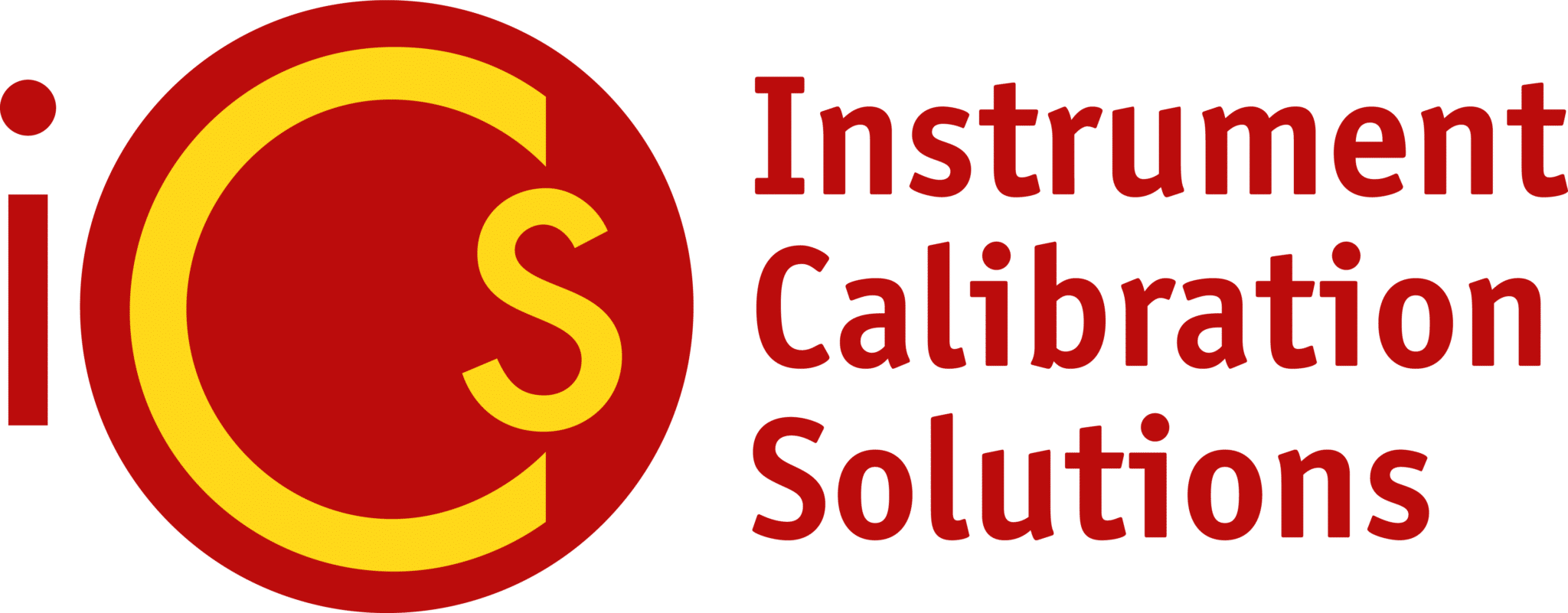The Role of Calibration in Quality Management Systems: Ensuring Precision and Compliance
In the world of manufacturing, precision is paramount. Every measurement, process, and output must meet strict standards to ensure product quality, regulatory compliance, and customer satisfaction. A critical component of maintaining this precision is instrument calibration. Calibration plays a fundamental role in Quality Management Systems (QMS), ensuring that measurement instruments perform accurately and consistently. This is particularly crucial for organizations adhering to ISO 17025, a globally recognized standard for the competence of testing and calibration laboratories.
Why Calibration Matters in Quality Management
Quality Management Systems, such as ISO 9001 and ISO 17025, emphasize the importance of accuracy in measurements to maintain product integrity and regulatory compliance. Without proper calibration, measurements can drift over time, leading to:
- Product defects that compromise quality
- Regulatory non-compliance, resulting in penalties or recalls
- Increased costs due to waste and rework
- Customer dissatisfaction and potential reputational damage
By integrating calibration into a QMS, manufacturers ensure that their instruments deliver reliable and repeatable results, which are essential for process control, product validation, and industry certifications.
How ISO 17025 Ensures Calibration Excellence
ISO 17025 is the leading international standard that sets forth the requirements for competence, impartiality, and consistent operation of laboratories performing calibration and testing services. It ensures that calibration processes are not just routine tasks but meticulously controlled operations with documented traceability.
Key Calibration Requirements Under ISO 17025:
- Traceability to National or International Standards
- Every calibration must be traceable to recognized measurement standards, ensuring accuracy and comparability across different industries and locations.
- Uncertainty Measurement and Documentation
- Laboratories must assess and document measurement uncertainty, giving manufacturers confidence in the reliability of their readings.
- Regular Instrument Calibration and Maintenance
- Equipment must be calibrated at defined intervals, based on usage, environmental conditions, and manufacturer recommendations.
- Personnel Competence and Training
- Only trained and qualified personnel should perform calibrations to maintain consistency and compliance.
- Comprehensive Record-Keeping
- Calibration records, certificates, and compliance documents must be maintained and readily available for audits and inspections.
Benefits of Implementing a Calibration Program in QMS
1) Improved Product Quality and Consistency
Accurate measurement instruments ensure that products meet specifications and tolerances, reducing variability and defects in production.
2) Compliance with Regulatory Requirements
Adhering to ISO 17025 and other industry-specific standards minimizes the risk of non-compliance, helping manufacturers pass audits and maintain certifications effortlessly.
3) Enhanced Process Efficiency and Cost Savings
Preventative calibration reduces downtime and costly rework, keeping manufacturing operations efficient and reducing waste.
4) Increased Customer Trust and Satisfaction
Reliable and consistent products foster trust with customers, reinforcing a manufacturer’s reputation for high-quality goods and services.
Conclusion
Calibration is not just a regulatory requirement; it is a strategic component of quality management. By integrating regular calibration into a Quality Management System, manufacturers ensure that their processes remain accurate, compliant, and efficient. ISO 17025 sets the gold standard for calibration excellence, guaranteeing that measurements are reliable and traceable.
Investing in a structured calibration program ultimately leads to improved product quality, lower costs, and greater customer satisfaction. In today’s highly regulated manufacturing environment, precision is not an option—it is a necessity

